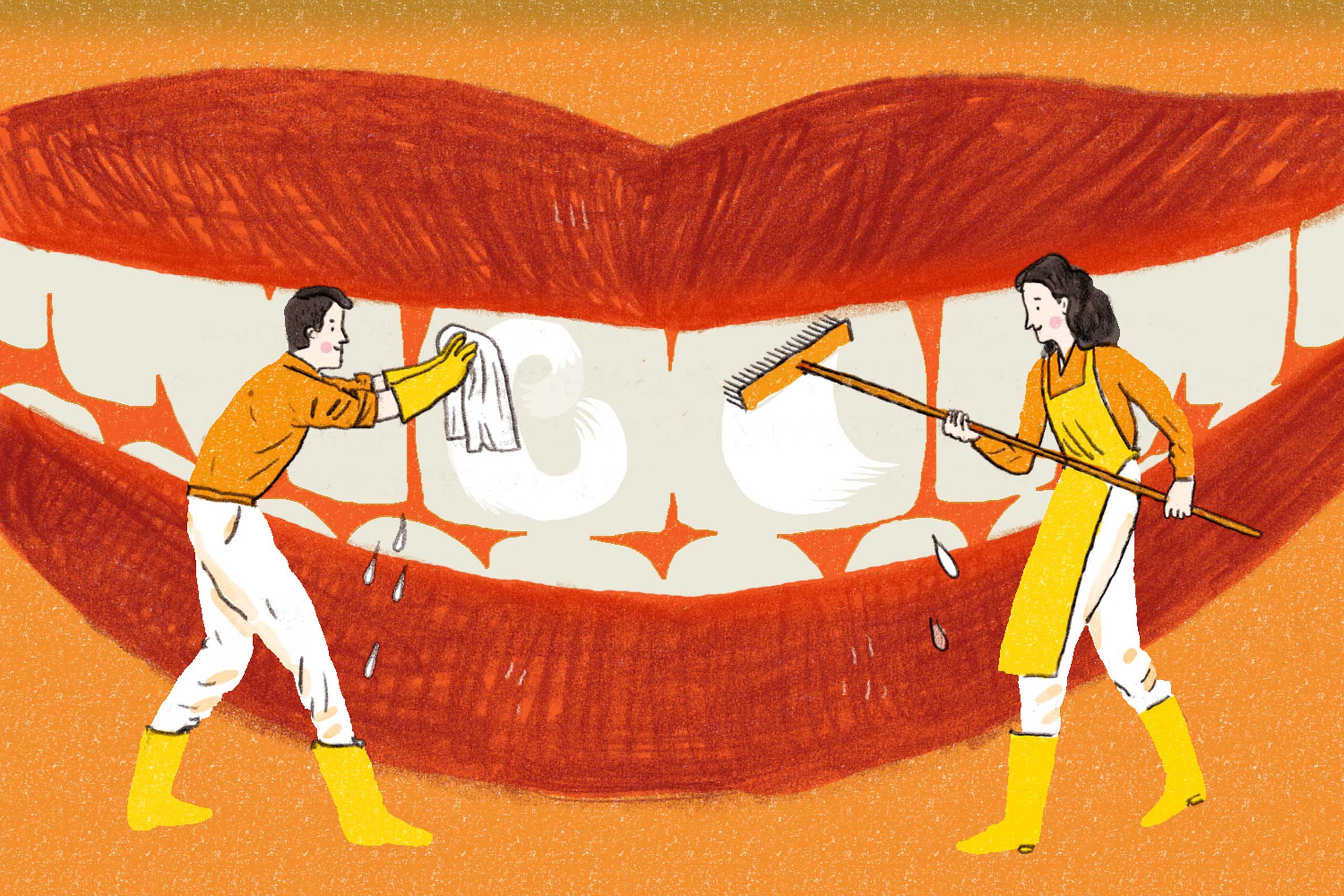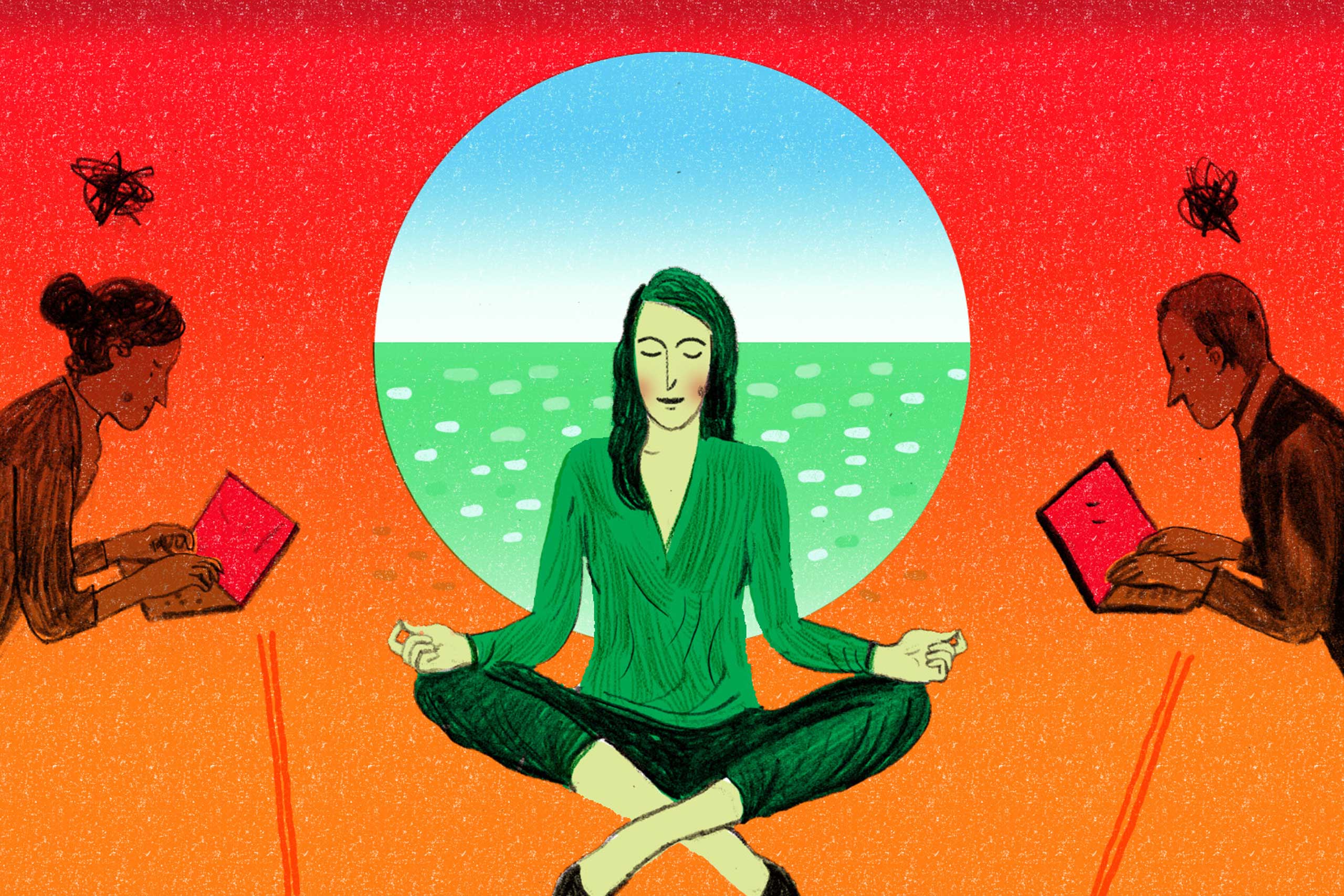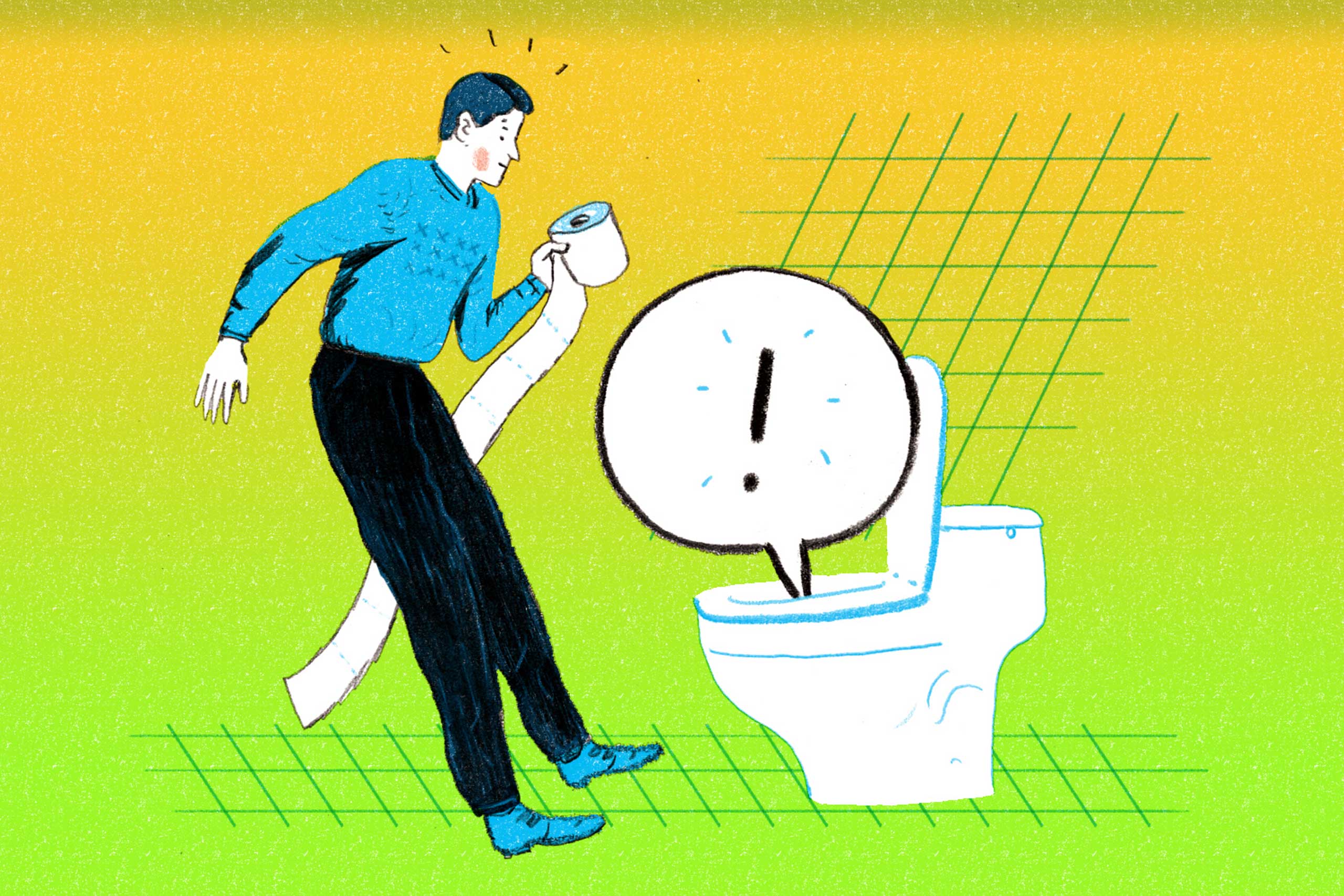When it comes to your health, there are few absolutes. But that’s not the case with sleep and exercise. You need both, period.
“I couldn’t choose between the two,” says Dr. Edward Laskowski, a professor of physical medicine at Mayo Clinic. “Sleep and exercise are like food and water.”
Not only are both necessary, but it’s difficult to get healthy doses of one without the other. “When you look at the research, regular physical activity is important for high-quality sleep, and high-quality sleep is important for physical performance,” says Cheri Mah, a sleep medicine researcher at Stanford University and the University of California, San Francisco.
But when pressed to choose one that’s more important, Mah grudgingly decides on sleep. “Sleep is foundational,” she says. While specific needs vary from person to person, she says most of the scientific literature suggests adults need a minimum of seven hours of good sleep every night. “Lots of individuals think they can operate on less, but when you test them, you find they’re not performing at their best,” Mah says. “They get used to feeling tired, and they think that’s the norm.”
Sleep is the base on which a healthy mind and body stand, she explains. From your immune function to your mood, energy, appetite and dozens of other health variables, if that base is wobbly, your health will suffer.
But let’s assume you’re getting your seven-plus hours every night. Can you sacrifice some zzzs a few times a week in order to fit in regular exercise? Yes, but with caveats, says Dr. Phyllis Zee, director of the Center for Circadian and Sleep Medicine at Northwestern University.
You Asked: Your Top 10 Health Questions Answered










Regularity is very important for sound, restorative sleep. Mess around too much with your sleep and wake schedule, and all of your body’s circadian rhythms can be thrown out of whack. Not only will you feel sleepy at odd hours, but you may also struggle to fall asleep at night, and your appetite and energy will fluctuate in unhealthy ways, Zee says.
Say you typically go to bed around 11:00 p.m. and rise at seven. Zee says the midpoint of your night would land near 3 a.m. As long as you’re maintaining your seven-to-eight-hour average and that midpoint lands between 2 a.m. and 4 a.m., Zee says you’re fine skipping a half hour of sleep a few days a week in favor of a morning run or gym visit.
Not fine: Rising two hours early to attend a morning yoga class or to fit in a lengthy bike ride.
“Even on weekends, you want to keep that regularity of when you go to bed and when you get up,” Zee stresses. Your body doesn’t understand what a weekend is, so it doesn’t react well if you stick to one schedule during the workweek and adopt a radically different schedule on Saturdays and Sundays. The same goes for your workout days.
But if you’re falling short of your seven hours a night, Zee, Mah and Laskowski all say the same thing: It’s time to reorganize your schedule in a way that makes room for both adequate sleep and regular exercise.
There may be some exceptions for people with insomnia or those who can’t seem to sleep at night. For them, rising at the same time each day and incorporating regular exercise might help alleviate sleep woes, even if it means sacrificing a little sack time in the short term.
But for the rest of us, making time for sleep and exercise can come down to cutting out activities that aren’t as important.
“Almost everyone could forgo 30 minutes a day of internet or TV time,” Mah says. Both the CDC and American Heart Association recommend a minimum of 2.5 hours of moderate-intensity aerobic exercise every week. Along with your seven-plus hours of sleep, those are you bare-minimum goals when it comes to healthy rest and physical activity.
“There are so many unique benefits that each have, it’s hard to pull them apart,” Laskowski says. “The real danger is when you only make adequate time for one of them.”
- Why Trump’s Message Worked on Latino Men
- What Trump’s Win Could Mean for Housing
- The 100 Must-Read Books of 2024
- Sleep Doctors Share the 1 Tip That’s Changed Their Lives
- Column: Let’s Bring Back Romance
- What It’s Like to Have Long COVID As a Kid
- FX’s Say Nothing Is the Must-Watch Political Thriller of 2024
- Merle Bombardieri Is Helping People Make the Baby Decision
